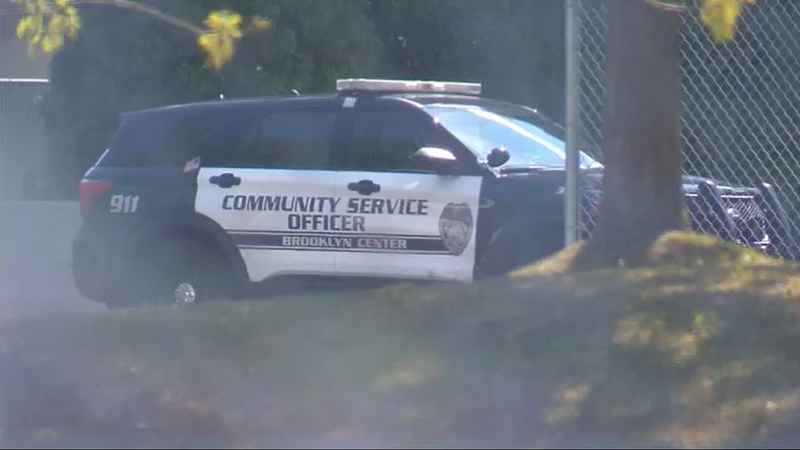Civil rights attorney: Brooklyn Center police reform proposals could be ‘historic’
[anvplayer video=”5059843″ station=”998122″]
A traffic stop on April 11 ended in the shooting death of Daunte Wright. Former Brooklyn Center Police Officer Kimberly Potter has been charged with first- and second-degree manslaughter in the case.
Following Wright’s death, Brooklyn Center city leaders pledged major police reform measures would become reality in 2022. The first of those police reform measures, changes to the city’s traffic stop policy, went into effect Tuesday. Brooklyn Center city leaders called it a “first step” toward achieving their goals.
Starting Tuesday, people will no longer be arrested or detained for misdemeanors but will be issued citations unless their behavior escalates into danger for themselves or the public. Felonies and gross misdemeanor arrests, under state law, will still be enforced with arrests.
Brooklyn Center Mayor Mike Elliott said Tuesday’s policy change reflects the wishes of Brooklyn Center residents.
“We designed this policy, this resolution, with centering the voices of the community because that is what we believe was needed to create this new vision,” Elliott said.

Brooklyn Center city leaders have also proposed much bigger police reform initiatives, which include looking at when the use of deadly force is necessary, curtailing the use of less-lethal weapons and even possibly creating a Department of Community Response for calls that involve someone experiencing medical, mental health or disability-related issues.
Minneapolis-based civil rights attorney Kenneth Udoibok told 5 EYEWITNESS NEWS the action taken Tuesday by Brooklyn Center is a “good first step” but also said a lot more needs to be done in the arena of police reform.
“It’s a good step, but it’s a little step, but at least the city recognizes that its citizens are in stress,” Udoibok said. “There is no chance that all of those reforms will be implemented, but if they are, Brooklyn Center will be an outlier for the rest of the country and it will be a test case and it would be historic.”
Udoibok told KSTP that, in his opinion, the issue of citations instead of arrests for a misdemeanor is well-intentioned, but he said the real issue is “what happens during any police stop with racial minorities.”
“The real issue is what is the behavior of law enforcement when they encounter us and, particularly, when the call is about mental health issues and about non-serious social issue calls,” Udoibok said.